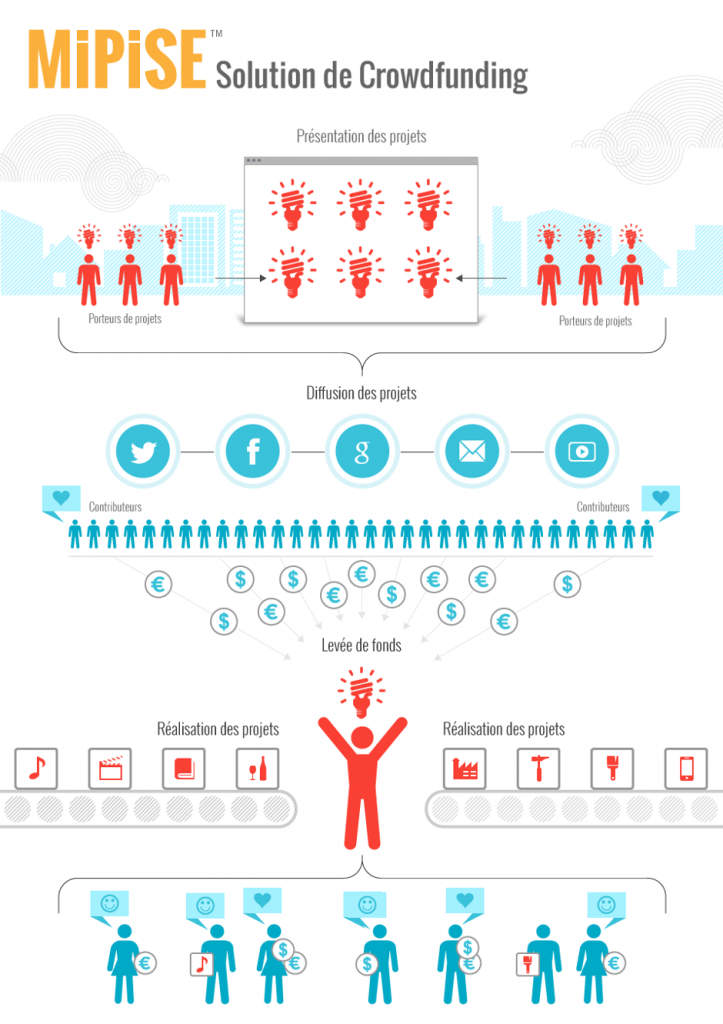- Client: DG Climate Action (CLIMA) (European Commission)
- Implementation period: December, 2013 - June, 2014 (Completed)
- Geographic coverage: European Union
- Theme: Climate Change
- Topic: Emission Reduction Pathways
- Experts: Jessica Yearwood Travezán, Koen Rademaekers
Assessment of examples of cooperative production, financing and use of low carbon technologies
Ambitious climate action can revitalise local communities, create new business opportunities and pull innovation through into the market place. The aim of this report, led by Ricardo-AEA, was to illustrate and assess different bottom-up concepts for the cooperative production, financing and use of low carbon technologies which are usually associated with innovative business models such as crowdfunding, purchase collectives or performance contracting.
Twelve concepts for cooperative production financing and use of low carbon technologies were assessed. The following five have the highest impacts regarding greenhouse gas emission reduction, job creation and competitiveness by 2050:
- Local energy cooperatives
- PV purchase collectives
- Used cooking oils
- Energy performance contracting
- Municipal bonds

The report provides specific recommendations for fostering the expansion of each of these concepts. In addition, more general findings include:
- There is a lot of activity on cooperative concepts for low carbon technologies but this activity is not widely known and hence there is a need for additional awareness raising.
- Cooperative delivery of low carbon concepts can be led by municipalities, by business or by communities often using volunteers. For all groups, and particularly for the latter, there is a potential need to be able to exchange information and skills with other groups delivering low carbon technologies cooperatively.
- There is no dedicated access point to the European Union programmes for cooperatives or active citizens. This makes it difficult to identify what programmes may be relevant to cooperative concepts. One mechanism for encouraging the growth and spread of cooperative concepts would be to have a financial instrument or action that is specifically for such activities. Cooperative production, financing and use of low carbon technologies can also be fostered by specification of topics under existing programmes, rather than new instruments or actions.